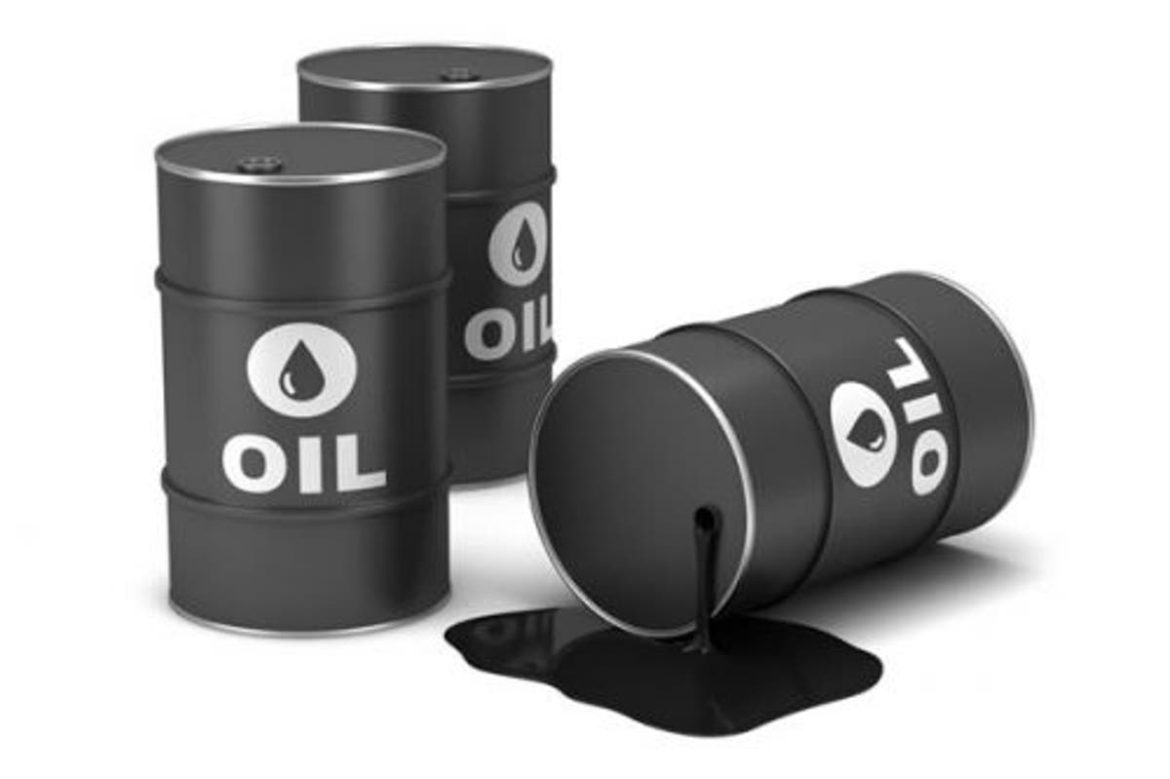Energy transition may revive oil and gas sector after years of abuse and neglect
Has the energy transition finally forced Nigeria to come to its senses about how to prosper from its oil and gas riches — as a nation, not as individuals?
West Africa’s upstream behemoth has, over the past 50 years or more, been beset by a multitude of trials and tribulations — political, environmental, financial, ethnic and graft-related — that have directly or indirectly led to much of its hydrocarbon wealth being squandered.
Observers can only wonder where the country would be now if Abuja’s many successive governments had adopted a modified version of Norway’s strategy to invest its oil revenues wisely, in order to establish a healthy, wealthy, stable and diversified economy with an educated population and quality infrastructure.
Nigeria, however, is by no means the only country that has wasted funds generated from natural resources for short-term political and financial gain. And we’re not just talking about developing nations.
The UK is estimated to have squandered £166 billion ($235 billion in today’s prices) of oil riches in the 1980s on tax breaks and welfare benefits to support former workers in dying manufacturing industries, while infrastructure was left to degrade and public services were slashed.
Although all this is history, tough lessons can be learned. And perhaps the coin has dropped for President Muhammadu Buhari’s administration.
Judging by the number of important hydrocarbon-related announcements and decisions made this year, there may have been an evolution in political and economic thinking at the heart of government that acknowledges an uncertain future for oil and gas and the implication this has for Nigeria’s economy and its ability to support a younger, ambitious and fast-growing population.
The government looks to be establishing vital legal and fiscal structures to quickly attract upstream, midstream and downstream investors, to maximise oil and gas revenues while there is still a market for these resources.
To take a farming analogy, you can only make hay when the sun shines. Otherwise, you’re left with a useless, rain-sodden mass of vegetation that rots, or, if stored, can sometimes combust and burn down barns.
An example of a recent initiative from Buhari’s administration is the marginal field licensing round in which acreage was awarded to many local companies.
In addition, last month’s signing of a revised production sharing contract with the Bonga South West-Aparo partners will be a template for other deep-water PSCs and could relaunch a host of long-dormant offshore projects.
The government has also made the 2020s the decade of natural gas and is trying hard to create the right frameworks for Nigeria to make the most of this abundant resource, with a focus on domestic use.
In this context, the country’s first floating liquefied natural gas project has been launched by local player UTM Offshore. if successful, it could be the precursor to many more FLNG schemes in Nigeria.
There is one notable absentee from this list: the Petroleum Industry Bill.
The legislation has been an incredible 20 years in the making — so only if this bill is passed can Nigeria truly be judged as having come to its senses.

